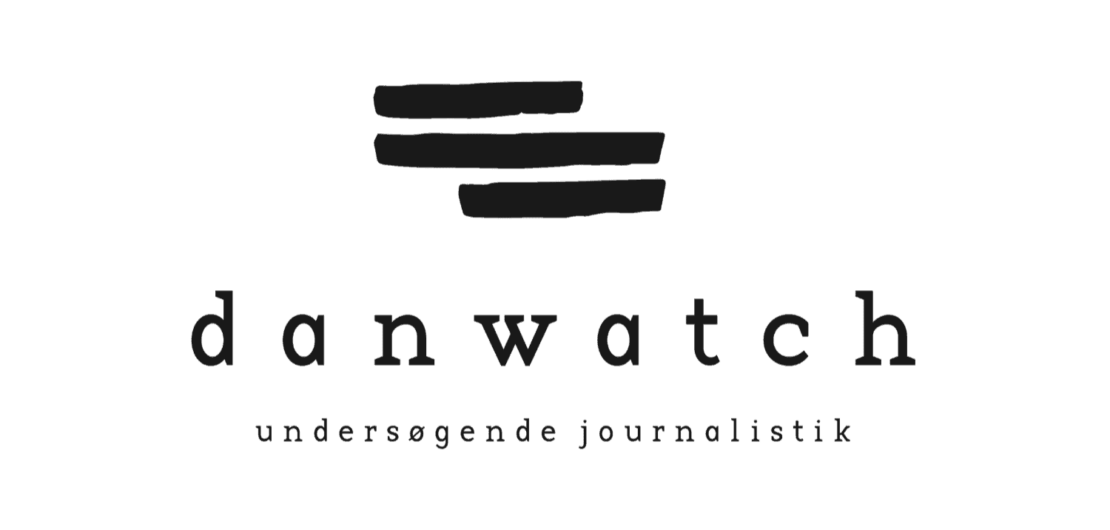 Allgemein
Allgemein
Denmark: Condemnation of legal threats against Danwatch by Ingosstrakh…
Denmark: Condemnation of legal threats against Danwatch by Ingosstrakh and ELWI
We, the undersigned media freedom and journalists’ organizations, express our condemnation of the legal threats issued by the Moscow-based law firm ELWI on behalf of the Russian insurance company Ingosstrakh against the Danish investigative media outlet Danwatch. These actions represent an attempt to intimidate and silence independent journalism, and we stand in full solidarity with Danwatch and its journalists in the face of these threats.
Between December 2024 and January 2025, Danwatch received four strongly worded legal letters from ELWI, representing their client Ingosstrakh, a major Russian insurance company, which has previously been sanctioned by the United States and the United Kingdom. These letters follow the publication of a joint investigation by Danwatch and the Financial Times into Ingosstrakh’s role in insuring oil vessels that are suspected of being part of Russia’s efforts to circumvent Western sanctions. The investigation highlighted the grave risks posed by these vessels to European coastal states, particularly Denmark, as they operate without coverage for sanction violations, leaving these nations vulnerable to potential environmental disasters.
The legal threats issued by ELWI primarily dispute the factual basis of the investigation, demanding that Danwatch provide “detailed documentation” and information on its sources. Danwatch, however, has refused to comply, as this would compromise the confidentiality of its sources—an essential principle of responsible journalism. Furthermore, where appropriate it has willingly clarified certain points. Overall, Danwatch stands by the accuracy of its reporting.
We believe that these legal actions are nothing short of an attempt to harass and suppress investigative journalism and free expression. The remedies requested, demanding the release of source material, are unacceptable. The nature of these legal demands is both aggressive and without merit, particularly given that the investigation was conducted in collaboration with a bigger media outlet such as Financial Times, which has not received any similar legal threats from Ingosstrakh or ELWI. These legal actions bear the hallmarks of abuse and, if pursued further in court, they will qualify as a Strategic Lawsuit Against Public Participation (SLAPP), a form of legal harassment designed to stifle public debate and shield powerful entities from scrutiny.
We call on Ingosstrakh and the law firm ELWI to immediately cease these legal threats and intimidation tactics against Danwatch.
We also commend Denmark’s Foreign Minister, Lars Løkke Rasmussen, for his swift condemnation of Ingosstrakh’s threats, describing them as a “politically motivated lawsuit.” Such statements are vital in reinforcing the importance of protecting journalists and media outlets from undue legal harassment, particularly when it is used as a tool for political intimidation.
The Council of Europe and the European Union have introduced new instruments to counter SLAPPs, including the EU Anti-SLAPP Directive, which member states should implement and transpose. We call on Danish authorities to ensure the implementation of the best European standards in national law and practice.
We will continue to closely monitor developments surrounding this case and document it on Mapping Media Freedom and the Council of Europe Platform for the Safety of Journalists.
This statement was coordinated by the Media Freedom Rapid Response (MFRR), a Europe-wide mechanism which tracks, monitors and responds to violations of press and media freedom in EU Member States, Candidate Countries.



